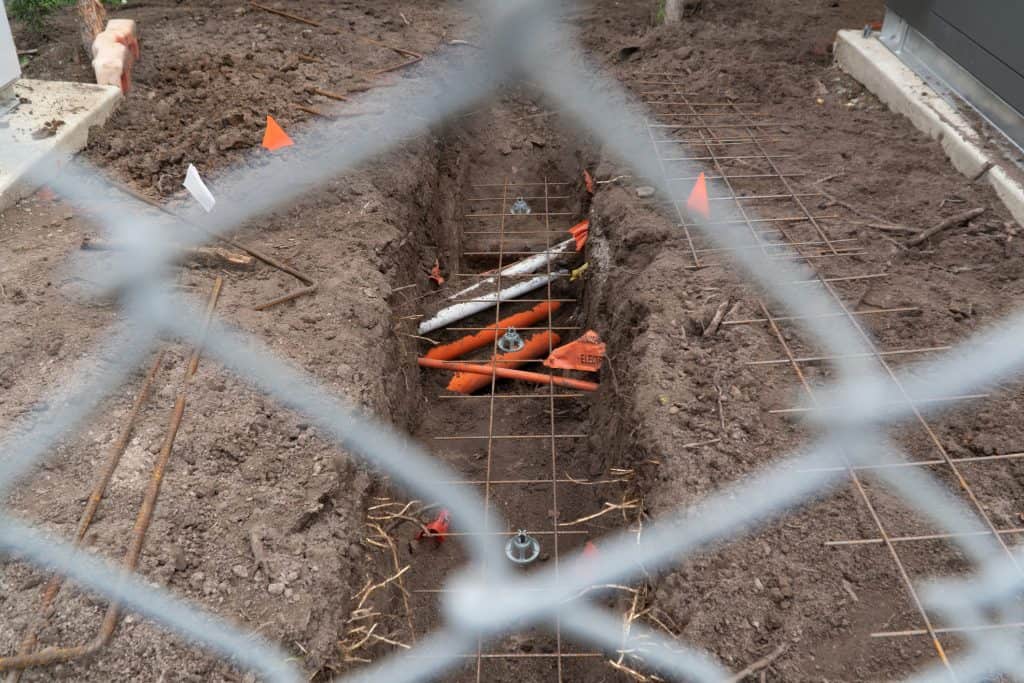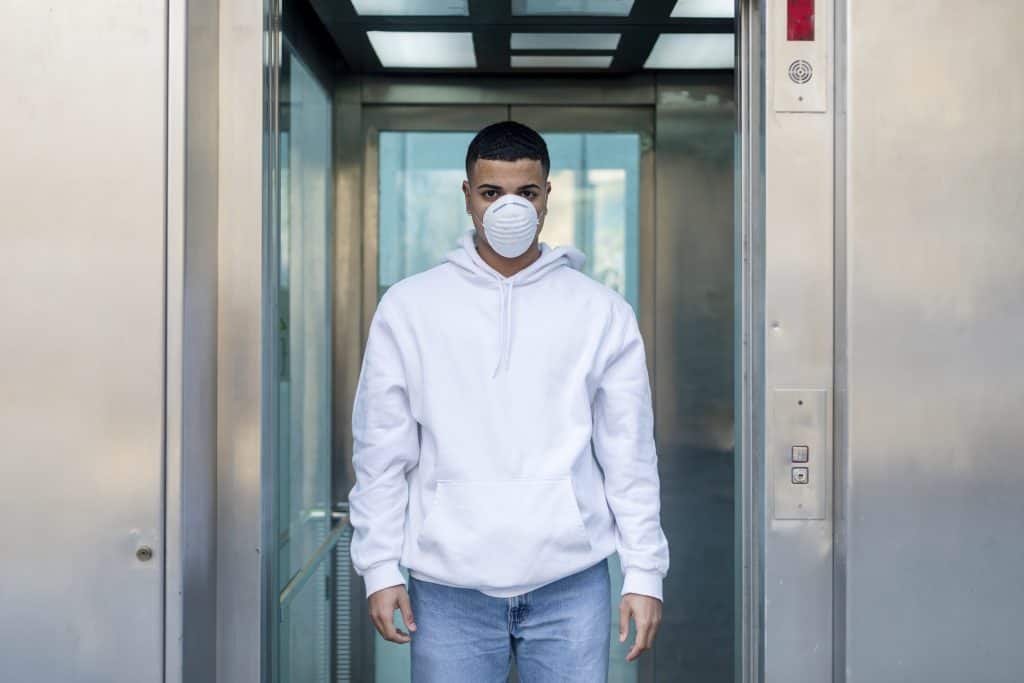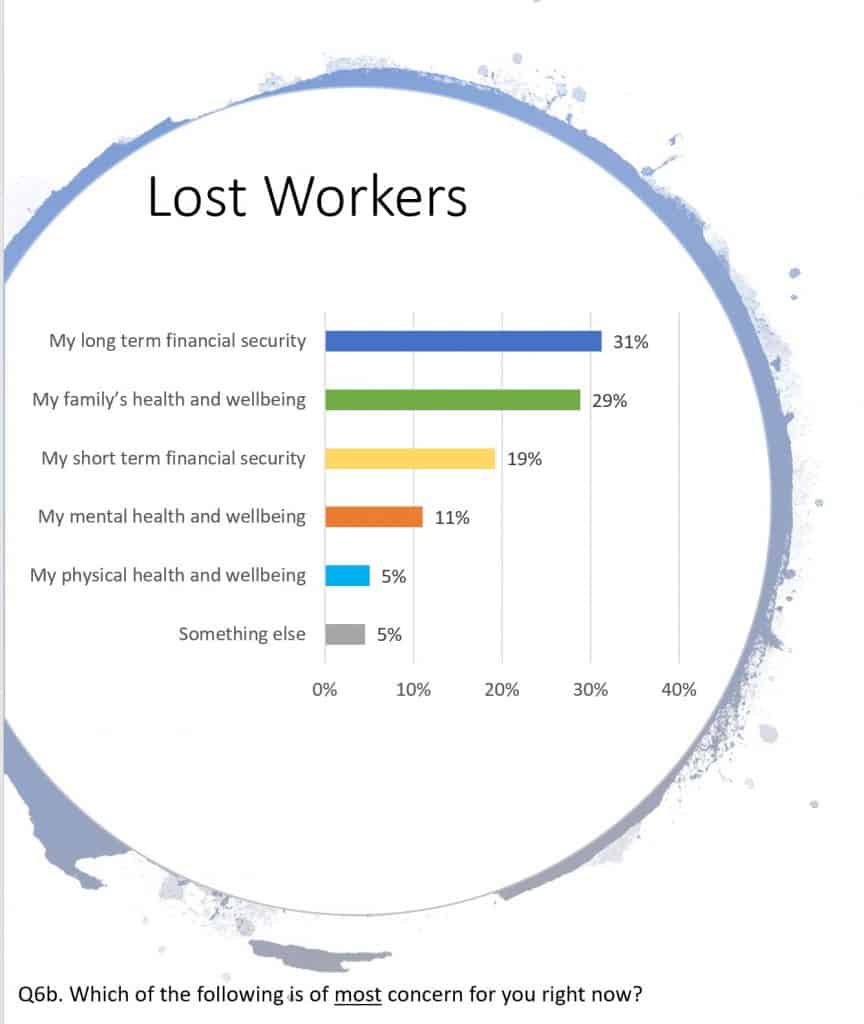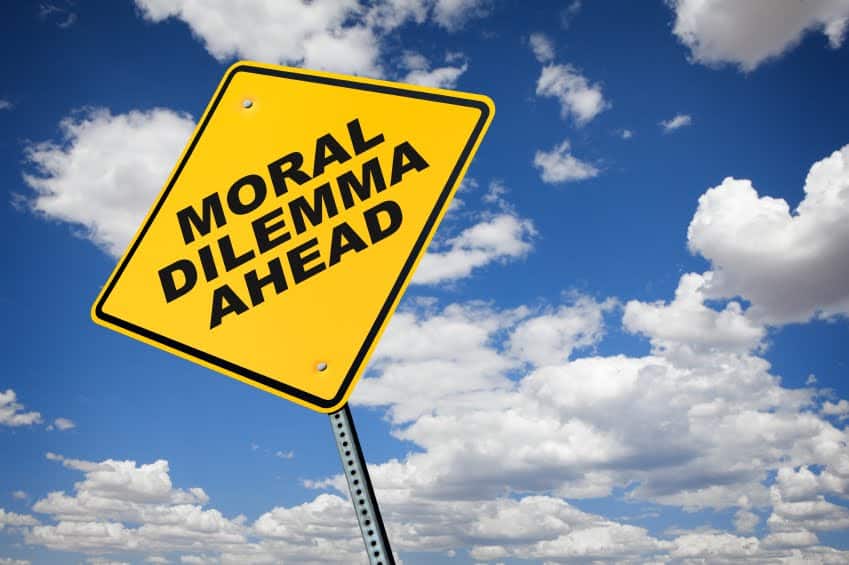
Seven years ago, the Australian Capital Territory (ACT) suffered a spike of workplace deaths in the construction sector. The then WorkSafe Commissioner produced a report, supported by at least one conference and extensive consultation, which proposed substantial changes. All of the recommendations from the 2012 Getting Home Safely report were accepted by the government and construction had no deaths for several years after but recent deaths have resurrected tensions between the ACT Government and the Master Builders Association (MBA).






